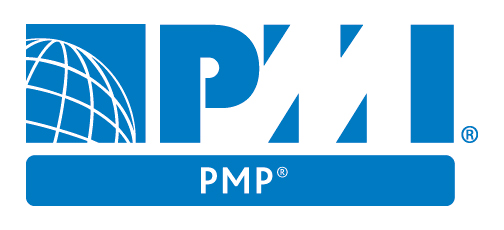PMP training is one thing project managers just can’t seem to get enough of before taking the exam. Some spend months training while others just take a few weeks to go over a good prep guide or two. There is so much information available that finding the good stuff is really hard at times. Eventually you may even reach a point where you don’t even want to get the PMP certification because the whole process is so confusing! Don’t worry though, here are some great tips on how train for the Project Management Professional exam and make sure you pass it the first time you try. You may find some of these tips to be quite a lot, but if you are serious about passing then I would highly recommend you follow these next tips.
First, be sure to read the PMBOK Guide at least twice. You don’t need to memorize everything in there word for word, but it won’t hurt to read it two times or more to make sure you’ve got a pretty good idea of the material in it.
Secondly, pick one good PMP training book and stick to it only. Trying to study from ten books can be very confusing, especially if they’re not all organized in the same way. Read some reviews of the top PMP book and then just choose one prep guide and study from it only while using the PMBOK Guide as a reference throughout your studying.
Memorizing the definitions in the PMBOK Guide glossary is the easiest way to score points on the exam. Learning the inputs, outputs, and processes is another essential you don’t want to miss.
Read the Code of Ethics and Social Responsibility text from PMI. The PMP test has quite a few questions on a project managers social and professional responsibility, so taking the time to read and understand that guide is well worth your time.
Find authentic sources of PMP sample questions online and solve as many as you can. Make sure the websites you find the questions on are proper, authentic websites for project managers or else the answers/questions you get could seriously damage the way you think during the exam.
Give yourself enough time to study. You won’t pass the PMP exam if you start studying the night before. Register for the test a few months early to let yourself know when you’ll need to be done studying. I’ve never really been able to follow a study plan, but if you find those helpful then by all means make one and stick to it.
Participate in a few project management forums where you can find a lot of great information by other PMs and tips from Project Management Professionals. Staying up-to-date about the happenings in the project management industry is an integral part of your preparation for the PMP exam.
Take at least 3 full length tests before scheduling the exam (if you haven’t done so already) to get an idea of how you’ll fare on the real thing. Only solve tests that include answers explanations and try to read the explanations for all the answers, not just the ones you got wrong.
No matter how much project management training you have, remember: practice makes perfect. Passing the Project Management Professional Certification exam is easy, hundreds of thousands of people have already done so, all it needs is a bit of hard work.
